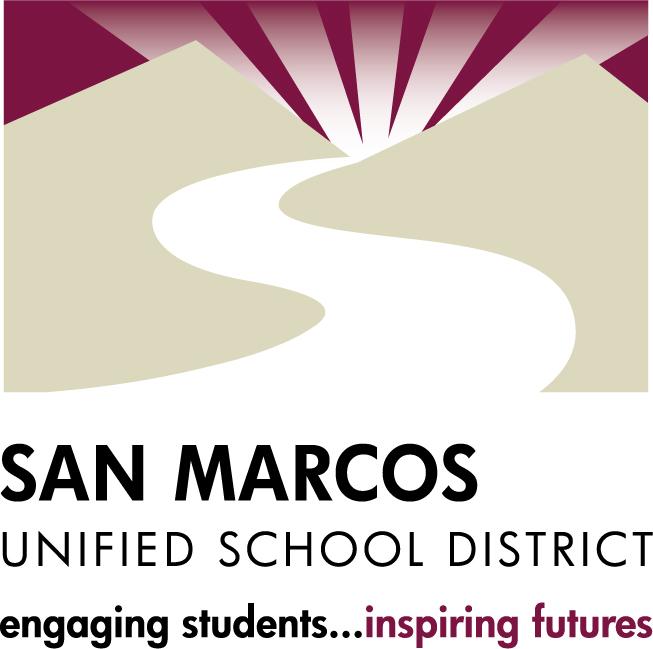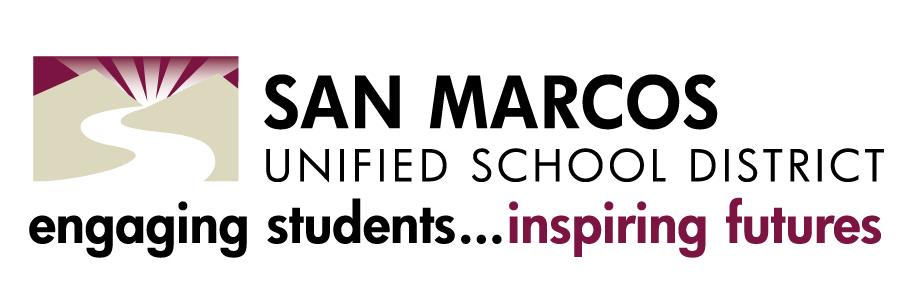
1 minute read
ADAPTABILITY
Critical Thinking
• Understand the “bigger picture” and propose solutions that are mindful of the impact they may have on other parts of a system.
Advertisement
• Consistently improve the quality of one’s own thinking by skillfully analyzing, assessing, and reconstructing.
• Develop information literacy skills to analyze, assess, and incorporate new understandings.
• Apply a learner’s mindset that is clear, rational, open-minded, and informed by evidence.

Empathy
• Cultivate a community of acceptance to connect others’ thoughts, feelings, and experiences.
• Imagine what others are thinking, feeling, or experiencing.
Adaptability
• Work effectively in a climate of ambiguity and changing priorities.
• Demonstrate flexibility when faced with change and shifting priorities.
• Respond productively to feedback, praise, setbacks, and criticism.
• Understand and balance diverse views and beliefs to reach workable solutions.
• Demonstrate flexibility when faced with changing situations and expectations in our dynamic, complex, and interconnected global environment.
Communication
• Articulate thoughts and ideas effectively using oral, written, and nonverbal communication skills in a variety of forms and contexts.
• Listen effectively to decipher meaning, including knowledge, values, attitudes, and intentions.
• Use civil discourse to enhance understanding among all parties for a range of purposes (e.g. to inform, instruct, motivate, and persuade).
• Demonstrate awareness, sensitivity, concern, and respect to connect with others’ feelings, opinions, experiences, and culture.
Leadership
• Inspire positive action in others, and are confident, responsible, and goal-directed.
• Recognize, invest in, and leverage strengths to build collective ownership and action.
• Through collaboration, create the environment or the conditions that empower others to grow and succeed.
• Build relationships with others through trust and compassion.








